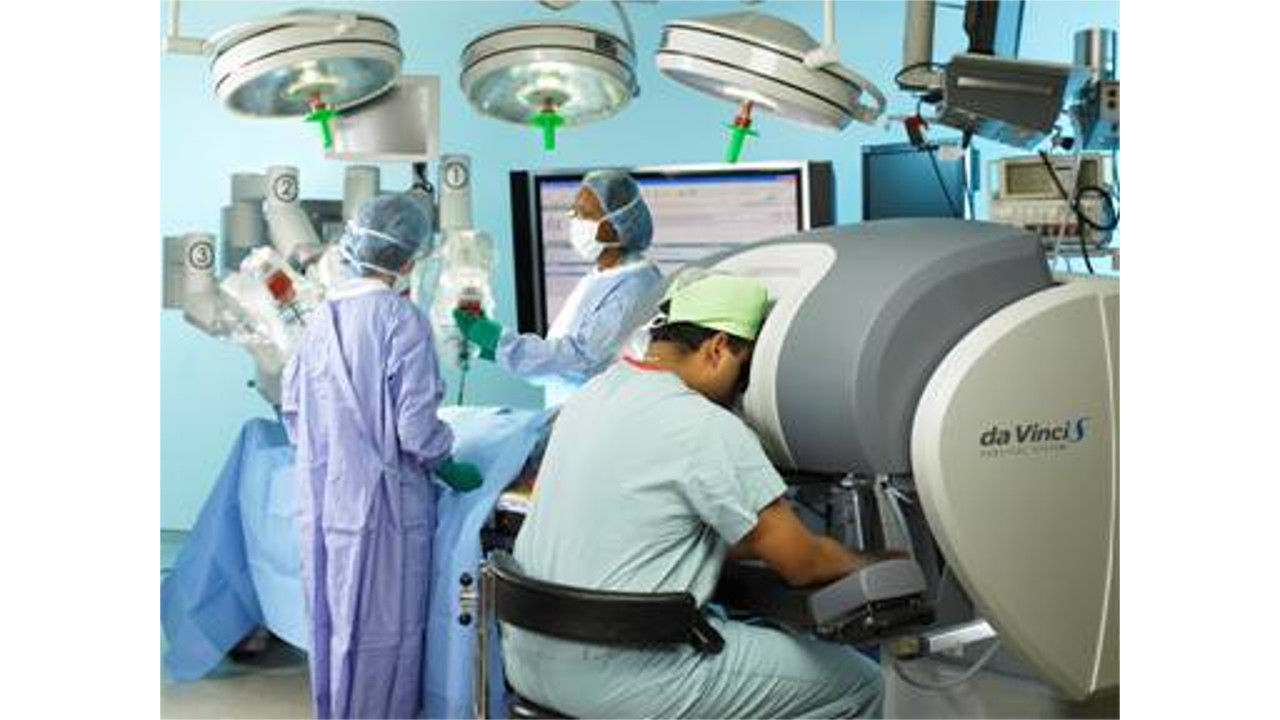For many men grappling with prostate-related concerns, one of the foremost questions that emerges is, “How Long is Prostate Surgery?” This inquiry extends beyond the mere hours spent in the operating room; it encapsulates the entire odyssey from the initial diagnosis to the final steps of recovery. It’s a journey filled with anxieties, hopes, and the search for knowledge and alternatives.
Delving deeper into the topic, many are also exploring the potential benefits of natural solutions, particularly Prostate herbs. These herbal remedies, steeped in ancient wisdom and now being revisited through the lens of modern research, offer potential support and relief for prostate health. Whether it’s saw palmetto, stinging nettle, or pygeum, the list of Prostate herbs with potential therapeutic properties continues to grow.
This comprehensive guide is designed to illuminate not only the intricacies of the surgical process but also the broader landscape of prostate health, emphasizing the role and promise of Prostate herbs in the contemporary health narrative. Through a blend of conventional medical knowledge and natural insights, we aim to offer a holistic perspective on this critical men’s health topic.
What Takes Place Before the Surgery?
While the thought of undergoing surgery can be daunting, preparations are essential to ensure everything goes smoothly. Prior to your operation, your doctor will likely recommend a cystoscopy. This involves using a scope to scrutinize the bladder and urethra. This procedure helps in evaluating the prostate’s condition and planning the surgical procedure accordingly. Additionally, it’s vital to undergo a pre-admission assessment, ensuring you’re fit for surgery and determining any potential risks.
Pre-Surgery Consultations and Tests
In the days leading up to the surgery, patients typically undergo a series of health checks. This includes blood tests and an electrocardiogram (ECG) to ensure the patient is healthy enough to receive anesthesia. This rigorous assessment is essential for a patient’s overall safety.
The Surgical Procedure Explained
When discussing prostate surgery, it’s crucial to understand that there are different methods available. Whether it’s a transurethral resection of the prostate (TURP) or robot-assisted surgery, the primary goal is to treat the affected prostate gland efficiently.
Robot-Assisted vs. Traditional Surgery
Robot-assisted surgeries involve several smaller incisions in the abdomen, using specialized tools connected to a computer in the operating room. Traditional surgeries might involve a larger incision, depending on the method adopted. The choice of procedure varies depending on the patient’s condition and the surgeon’s recommendation.
After The Surgery – What to Expect?
Postoperative care is as crucial as the surgery itself. Monitoring PSA levels helps in determining if the cancerous tissues have been entirely removed or if there’s a recurrence.
Managing Side Effects
Post-surgery, some men might experience erectile dysfunction. Fortunately, with nerve-sparing techniques, there’s a chance to preserve essential nerve bundles, mitigating this side effect.
Navigating the Recovery Phase
Recovery doesn’t end the moment you leave the hospital. You’ll be given guidelines on managing the Foley catheter, wound care, and any pain you might experience.
Importance of Hydration and Rest
During recovery, it’s crucial to stay hydrated and get ample rest. This not only aids the healing process but also reduces potential complications.
Conclusion
Understanding “How Long is Prostate Surgery” encompasses not just the duration of the operation but the entire process, from pre-surgery preparations to post-op recovery. Being well-informed is the first step towards a smooth and successful recovery.
Frequently Asked Questions
- How long does the actual prostate surgery last? The duration of the surgery can vary depending on the method used and individual circumstances. Typically, it can last between 2 to 4 hours.
- What are the potential risks associated with prostate surgery? Like any surgery, there might be risks like infections, bleeding, or reactions to anesthesia. Always discuss potential risks with your healthcare provider.
- How soon can I resume my regular activities after the surgery? It’s recommended to gradually reintroduce activities. While light activities can be resumed in a week or so, heavy lifting or strenuous exercises should be avoided for at least 6 weeks.
- Will I need further treatments after the surgery? Depending on the PSA levels and other factors, additional treatments like radiation might be necessary. Regular follow-ups are essential.
- How frequently should I get my PSA levels checked post-surgery? Initially, PSA tests might be taken every three months. Depending on the results and your doctor’s recommendation, this might reduce to bi-annual or annual checks.


